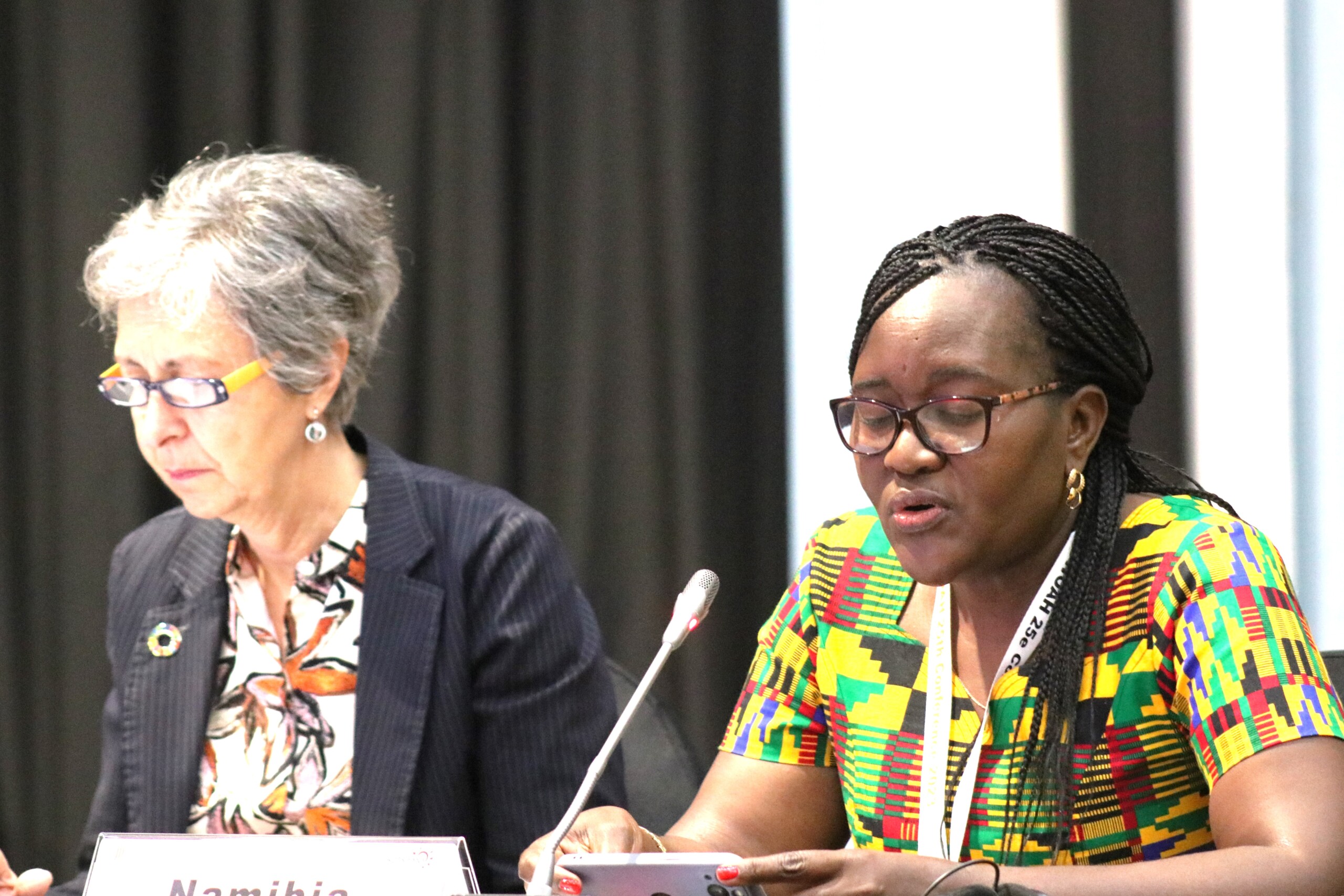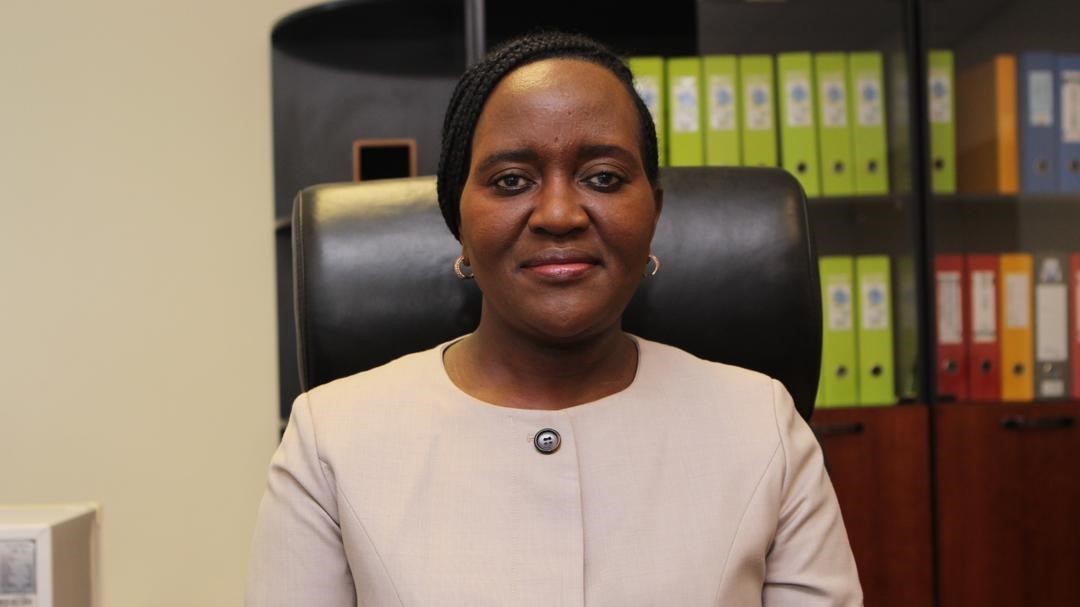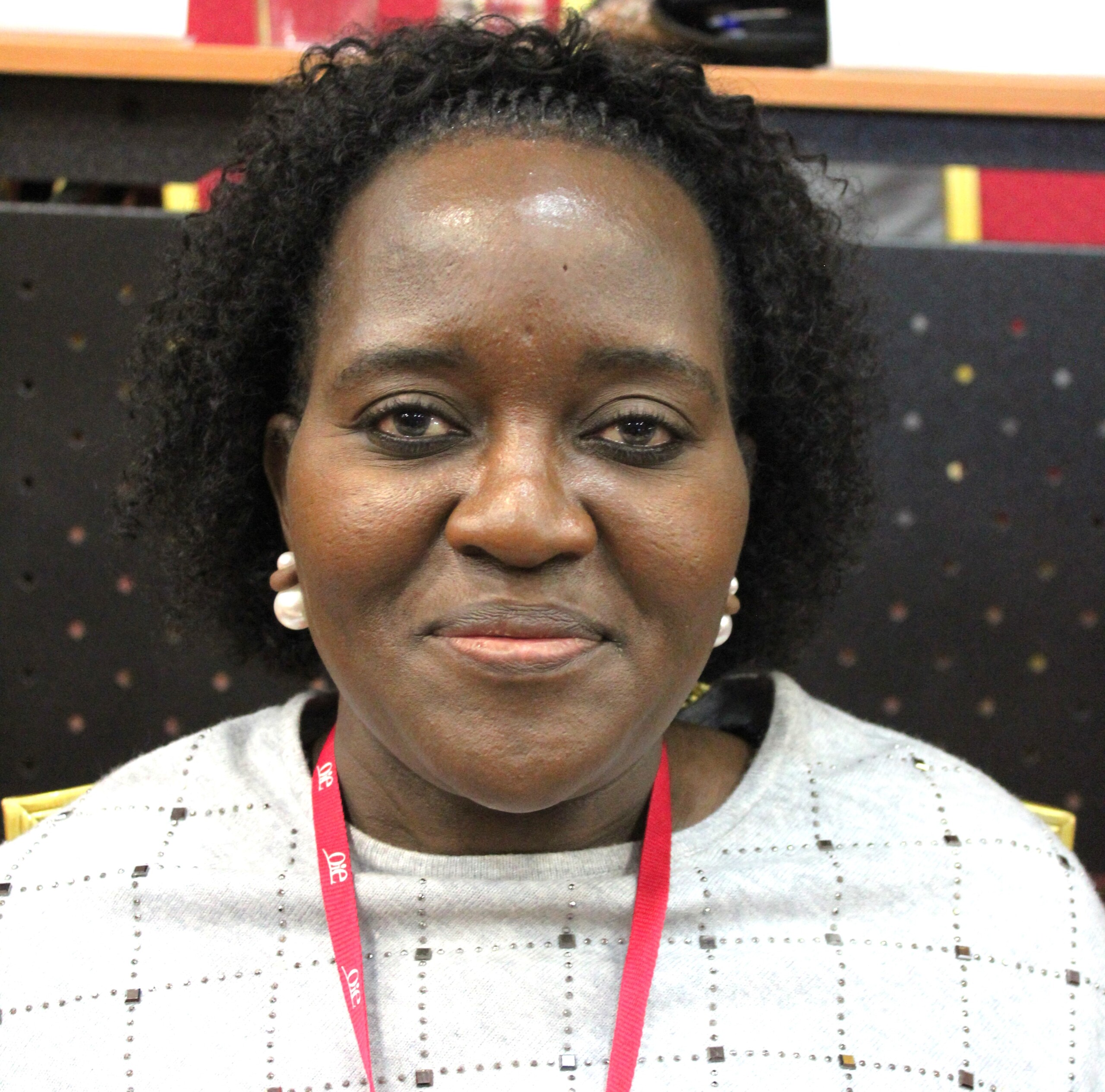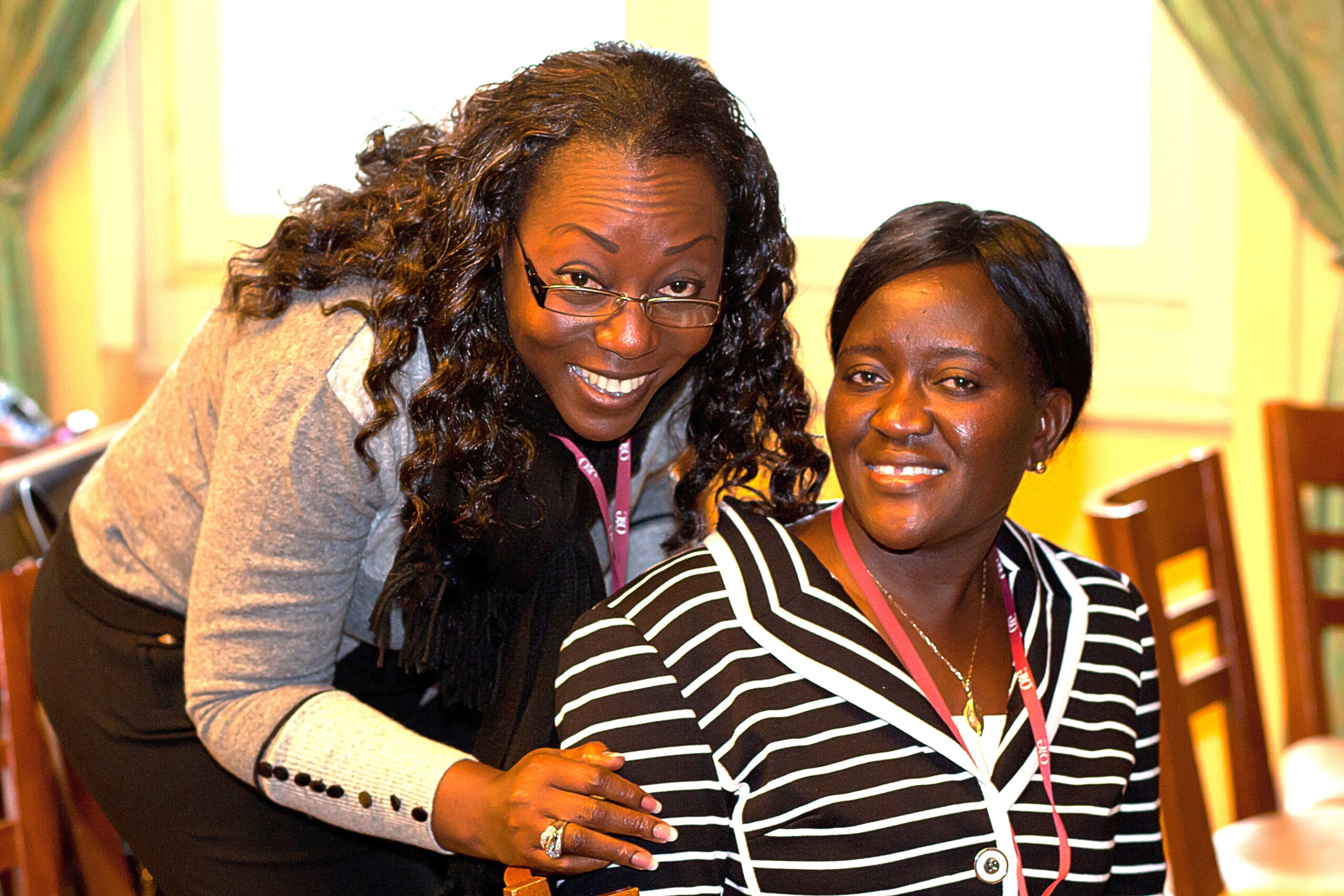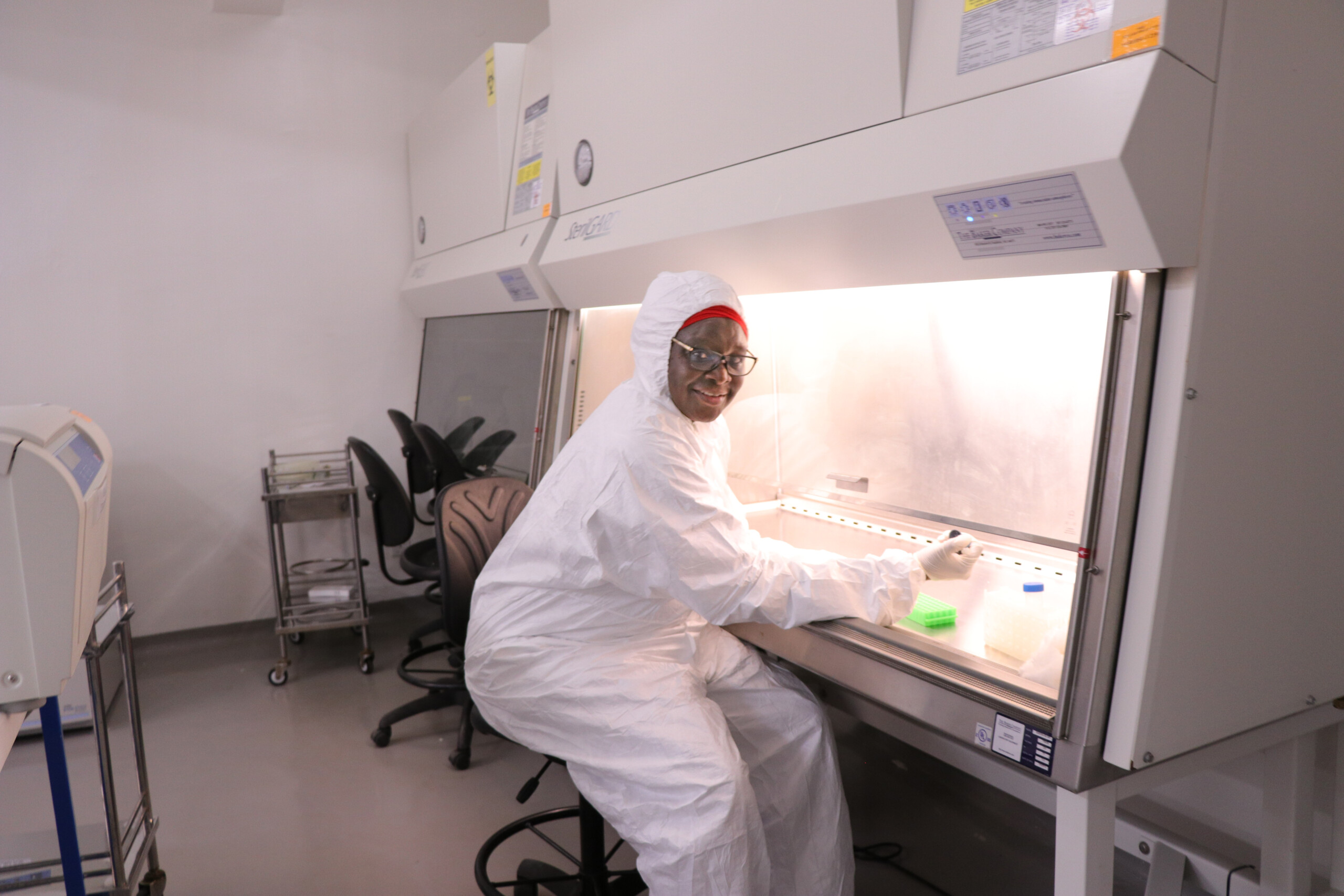
.
September 2023
Published at the occasion of International Women’s Day 2024
In 1998, as Head of office, I was the only woman in the field office where I worked, and the only veterinarian. The men were veterinary technicians, and they were not always happy to have a woman supervisor.
In those days, when farmers came to my office, they would look for a man. They didn’t expect to find a woman veterinarian. Farmers in rural areas have cattle posts where they keep cattle to graze far from their homestead. Culturally, women are not allowed to go to a cattle post. The farmers would tell me that women should not go to cattle posts, and that I was only allowed to go there because I was a veterinarian.
Such traditional beliefs are changing. We have more women veterinarians than men now: about 60% of veterinarians in the Directorate of Veterinary Services (DVS) are women. I am the Head of the DVS, the Chief Veterinary Officer and WOAH Delegate for Namibia, and one of the six (6) divisions of DVS is currently led by a woman, i.e. Deputy Chief Veterinary Officer.
Namibia is trying to address gender issues and empower women to be on par with men. The Government also uses affirmative action to give women more access to positions in Government.
If you empower a woman, you empower the world. Women are the ones who take care of families.
Sometimes people need to be helped to consider women as active. For example, Community Animal Health Workers (CAHWs) are very active in some parts of Namibia, they are the “eyes and ears” of Veterinary Services. Yet in most cases, communities propose men as CAHWs. We can encourage more women to participate so that when they are trained, they can look after their own animals and those of their neighbours.
We need to educate children when they are young, to instil in them the conviction that they are equal.
Gender equality needs to be emphasised. The Director General of WOAH being a woman is very inspiring for many Member countries.
Dr Albertina Shilongo, Chief Veterinary Officer and WOAH Delegate of Namibia
What motivated me to progress in my career is that when I started as a vet, it was soon after Namibian independence in April 1998. There were only 4 women-veterinarians. Men regarded this as a men’s profession. But I saw other ladies in Extension and Engineering who did agronomy, who were progressing, becoming managers and deputy directors. I thought I could also work hard to assist the DVS to grow, and to set an example to girls that a woman-veterinarian can progress to a higher level.
I was appointed as a Delegate in 2009. My exposure to WOAH’s annual General Session (General assembly which brings together all Member country representatives) motivated me to work hard towards being a Director. I became in love with the profession. I met many women experts and delegates. I love my profession.
Dr Albertina Shilongo at the 23rd Conference of the Regional Commission for Africa. Hammamet, Tunisia (2019) Picture (c) P. Bastiaensen (oie) 2019
As a supervisor, you do a lot of team building. I tried hard to bring all veterinarians together, as well as all of my staff in general, so that we work together as a team and achieve the goals of the Directorate and provide better services to farming communities and to traders.
Team building is key to success, as long as you know what you want to achieve, which is to provide a service to the farming community and traders of Namibia.
From the higher Ministry management, as well as from the farming communities, I have received praise, as a state veterinarian, from farmers who were very satisfied, and colleagues appreciate my work in managing the Directorate.
Providing quality services to farming communities and to traders results in us having market access for Namibian livestock products around the world such as the European Union, the United States (USA), China, as well as other African countries. Our profession has contributed to the livelihoods of people, and farmers can generate income from exporting to other markets across the world.
One of the things I am also proud of is that we managed to obtain and maintain the WOAH official statuses of (zonal) freedom from foot-and-mouth disease (FMD), contagious bovine pleuropneumonia (CBPP) and peste des petits ruminants (PPR), and recognition for negligible bovine spongiform encephalomyelitis (BSE) risk status. We also attained WOAH endorsement of our official control programmes against diseases such as rabies, FMD and CBPP (the latter, for the area or zone that is not yet officially declared free). Our aim is to eradicate these diseases from the northern regions of the country, so that we have one single health status index to trade.
Namibia has received WOAH support for two PVS Pathway missions, both more than ten years ago. In both cases the team leader was a man. It would be good for WOAH to have more women team leaders in the PVS system.
When evaluating national Veterinary Services, WOAH should look at the number of women and men veterinarians: this should be included in the gaps and recommendations observed to help improve gender balance for women to be trained and capacitated within national Veterinary Services; and to be trained to become managers.
As for the bureau of the Regional Commissions, when appointing new members for these Commissions, they should consider gender balance. I am happy that the Bureau of the Regional Commission for Africa has one woman vice president (myself) and another woman who serves in the Secretariat.
Finally, I would like to see WOAH involved in training on gender and advocating for gender balance in the veterinary professions, including training for women in the Veterinary Services on management and leadership.
Below : Dr Albertina Shilongo (right) and Dr Aubierge Moussavou (left), Delegates of Namibia and Gabon respectively, at the 80th General Session in Paris (2012). Picture (c) P. Bastiaensen (oie) 2012
Interview by Anne-Françoise Thierry and Sonia Fèvre, edited by Lyne Lyadi.
